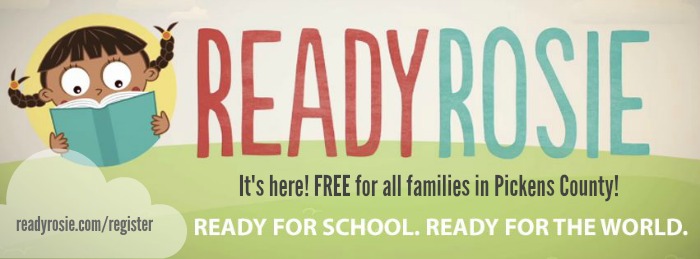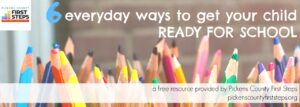In 1995, a famous study* found that lower-income children are exposed to 30 million fewer words than their higher-income peers. Research since then consistently confirms this “word gap” that exists among young children.
30 million words.
Think about the implications. Children who don’t have as many words in their “word bank” are less ready for school, less prepared for academic success, and less able to follow instructions.
“Quality early experiences“ isn’t simply a idealistic notion touted by educators and advocates. Early experiences matter because they prepare developing brains and bodies for life.
Do you know that eighty percent of brain development happens within the first three years of life?
Eighty percent.
These statistics can feel overwhelming. Thankfully there’s good news!
Building healthy brains isn’t complicated. We don’t need preschool music classes, fancy curriculum, vocabulary cards, or education degrees to close the word gap and get young children ready for school.
Any willing parent or caregiver can do this.

Here are 7 simple ways you can make a HUGE difference in the developing brains of the young children you love and help close the word gap.
1. Talk to your child as you go through daily routines.
2. Sing to your child as you cook, drive, change a diaper, or get them dressed.
3. Read aloud to your child.
4. Count with your child.
5. Point at pictures and describe what you see.
6. Play outside. Go to the park.
7. Teach your child how to follow basic directions.
It sounds too simple to be true, but it’s not.
Though word gap studies focus on the differences between lower and higher-income families, many of today’s kindergartner teachers will tell you that children in general are less ready for school than they used to be.
Mobile devices and screens are no substitute for human engagement, careful nurture, imaginative play, and real books.
If you’re a parent, grandparent, or caregiver, choose just one readiness activity today and gradually add more to your routines. Every small step leads to great strides over time!
Below you’ll find some resources for learning more about the word gap and school readiness in general.
One resource we’re so excited about is Ready Rosie! Pickens County First Steps has made this resource available for all families in Pickens County and it’s FREE.

Most importantly, click here to sign up!
Resources:
The Word Gap: The Early Years Make the Difference by NAEYC. Great tips for helping preschoolers build vocabularies and how to help other families.
Thirty Million Words Initiative
Day by Day SC Project. See our blog post about this wonderful, FREE resource here!
FREE Readiness Tool: 6 Everyday Ways to Get Your Child Ready for School by Pickens County First Steps

///
Stay up to date with the latest resources and everyday tips through Facebook and Twitter.

